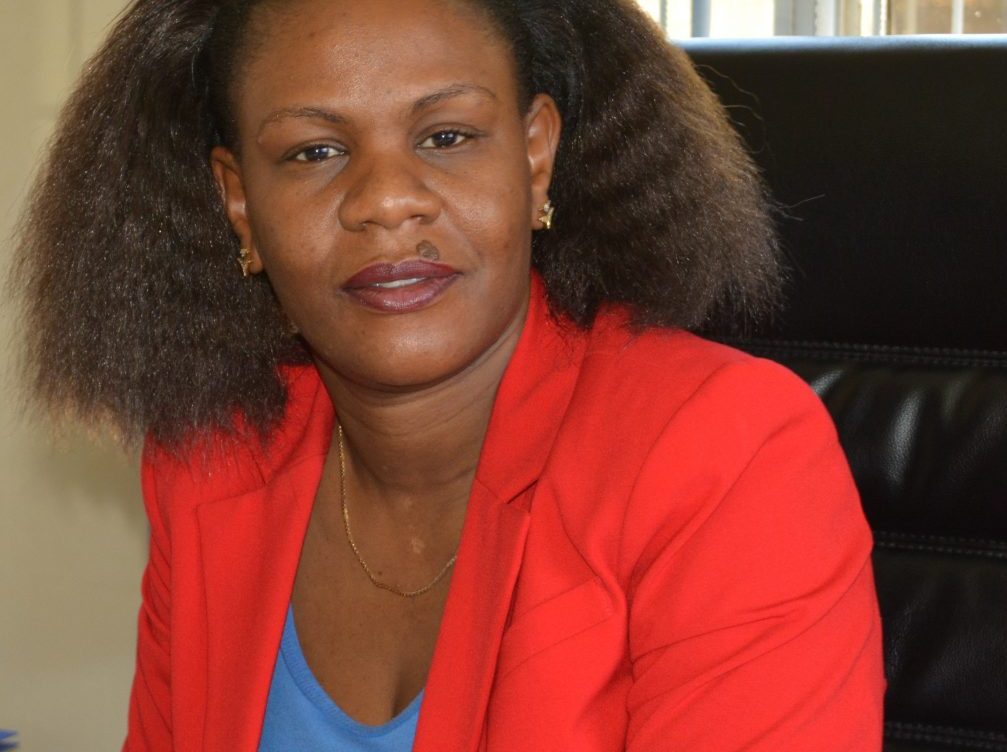
Doing away with harmful stereotypes against women
By Lilian Saka Kiefer
Commemorating International Women’s Day (IWD) which falls on 8th March of every year provides an opportunity to celebrate, honour and acknowledge women and women’s achievements. It’s an opportunity to uplift and promote positive facts and opinions about women as well as debunk harmful, sexist and wrong stereotypes about women. There are myriads of harmful stereotypes against women that must be debunked. I call them harmful because once they get internalised, they are considered truths, and they influence society to regard and treat women in ways that erode their dignity and self-esteem. Sometimes women are denied opportunities for advancement because of stereotypes about them that cause society to think that women are not capable. Of course, women and men are significantly different, but those differences do not necessarily render women less capable than men.
This year’s international theme for IWD is #BalanceforBetter. The theme is a call-to-action for driving gender balance across the world to create a better world for us all. It provides an opportunity to reflect on why gender balance is important for both men and women and that both men and women must work together to achieve gender balance for a better world. However, to #BalanceforBetter will not be possible if we maintain the harmful beliefs and false stereotypes about women. These harmful stereotypes tend to tilt the landscape in favour of men and make it harder for women to push up the ladder towards equality.
On 31st December 2018, I came across an article published in one of the local papers in Zambia titled: why single women are always broke. The article was written by Silas Nyamweya, and reportedly, was originally published in Kenya.
The article argues that single women are always broke because they prioritise wrong things such as clothes, pay television and other luxuries. The article was wrought with misconceptions about single women, a reflection of the prevailing status quo in society where women – especially single women – are ridiculed and called names simply because they are single.
I felt particularly offended by this wrong opinion and incorrect conclusions about single women as I have been a single woman for most of my life. I can confirm that I was not always broke as a single woman. Some single women are always broke, some single men are always broke, and of course some married men and some married women are always broke. Does his have anything to do with their gender/sex or their relationship status? A big NO.
This is a very harmful and unfair conclusion about women. Without necessarily comparing them with men, women are generally better planners and are good at managing finances and prioritising important things in the home. This is how we end up with a lot of responsible men and women who were raised by single moms, who managed to send them to school, provide for them and care for them. To argue that single women are careless and reckless with money and that they cannot manage their own lives is an extremely wrong, malicious and harmful conclusion about women.
That said, being a poor planner or a poor manager of one’s finances has nothing to do with their male-ness or female-ness. It may just be a personal trait of an individual. If the society continues to advance such unfounded conclusions about women, insinuating that they cannot be trusted with responsibility, thereby declaring them incapable, #BalanceforBetter will not happen.
In the same spirit, the UN Women’s theme for the 2019 IWD is “Think equal, build smart, innovate for change”. The theme is amplifying the need for technologically innovative ways, and smart ways in which we can advance gender equality and the empowerment of women, particularly in the areas of social protection systems, access to public services and sustainable infrastructure. Currently, the gender divide has also created a digital divide where women have been left behind in tech-advancement and tech-access. Unless we close this digital divide, it will not be possible to #BalanceforBetter. So that presents a challenge for all of us who believe in gender equality to advance efforts that will close the gender gap in the digital space.
The countless examples of women being prejudiced of being denied opportunities on the basis of the sex shows that the need to #BalanceforBetter is urgent. Men and women must come together, join forces to challenge the negative stereotypes that undermine women. Otherwise the consequences of our failure to #BalanceforBetter today may outlive us and destroy the future of the present and future generations.
The author is the Executive Director of Panos Institute Southern Africa. For feedback, email: lilian@panos.org.zm.